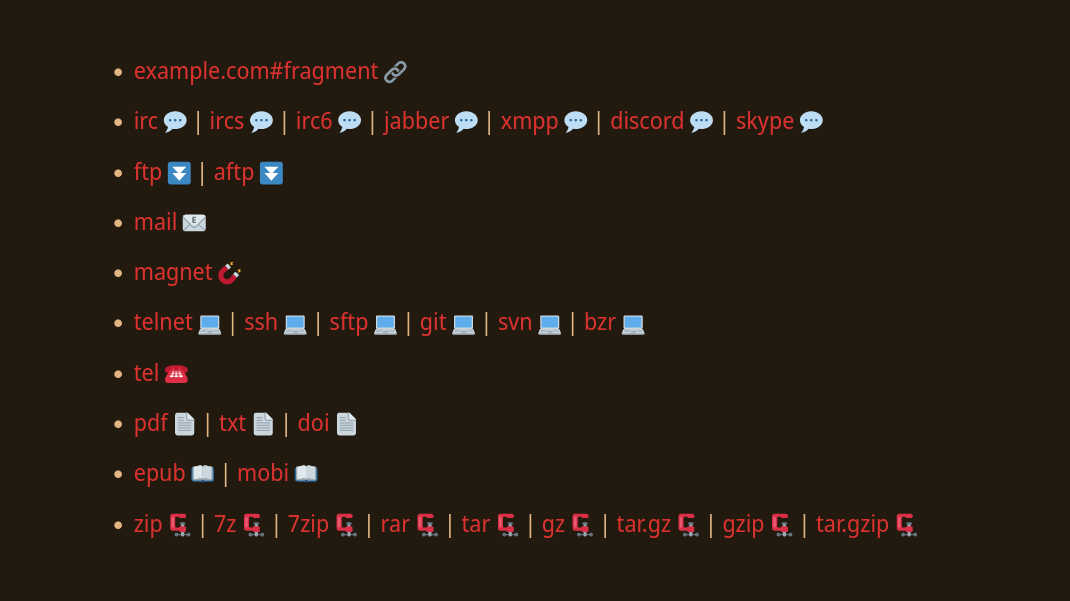

How-To add cross reference in Hugo markdown links
One of the less commonly used feature of Hugo is render hooks. In this post, we are going to use render hooks to add internal cross reference support to Markdown’s default way of creating links: [text](https://example.com#fragment "Title").

(Updated) «Grid (그리드)» explained
Have you recently finished watching Disney Plus’s Grid (그리드)? Confused? Worry not! In this article, I answered as many questions as I know the answers to and explained the reasons behind it.

What is in the name, Le Sserafim?
The latest announcement from HYBE and Source Music is the official name of their latest K-pop idol girl group: Le Sserafim (르세라핌). K-pop idol fans, and K-pop fans in general, is divided over the name. Some claim it is not pronouncable while others say it means nothing.

P-pop idols, when did it all start?
The trillion-peso questions are: when was the beginning of the P-pop idol industry, and who was the first P-pop idol?

(Updated) The first PPOPCON is happening
Do you love attending conventions? Do you collect merchandise of products you like? Are you into music? Of course, right? There is a new convention in town for Pinoy Pop music fans … PPOPCON!

All P-pop are idols, not
P-pop is commonly used to refer to Pilipino idols, or P-idols, but did you know these are not interchangeable?

What is the difference between P-pop and OPM?
For more than ten years now, the label P-pop has become a terminology used to refer to a new genre of music. Often than not, it is used to mean the rising Philippine idol groups and also compared to OPM or Original Pilipino Music.
But what is it exactly? Is not P-pop Pilipino popular music by definition?

(Updated) «All Of Us Are Dead» explained
All Of Us Are Dead is the third worldwide blockbuster K-drama TV series from Netflix topping the charts in all regions, after last year’s Squid Game; and their second highly successful zombie production, after the Kingdom series. This is another take into Korea’s zombie apocalypse genre and this show ranks with Train to Busan (by Next Entertainment World), Kingdom, and #Alive.

The YOOki Chronicles is Yohan Yukiya Sese-Cuneta’s return into casual and personal blogging. The name “YOOki” is a mash-up of the acronym of YourOnly.One and my nickname ᜌᜓᜃᜒ (Yuki・雪矢).
Interestingly, according to Chinese legend,
.1柳
(YOO) is an ancient Chinese surname. The ancestors of the surname were closely linked with the ancient sage-king named Yu Shun. In Korea, the 유
(YU) lineage traces to the Xia, Han, and Joseon dynasties. Holders of the surname Yu or Yoo had a reputation for charity and diligence
It is also the word for “willow” or the “willow tree” which means graceful or slender; and a tree growing near a body of water which provide continuous nourishment and resources for everyone. It can also mean to exist, an oil (anointment(?)), and simply as “U” (you).
The Hanzi 紀
(ki) character means to record, be disciplined, provide order. While the Hangeul equivalent, 키
(ki), means energy, spirit, a banner, and a period of time; and is also a suffix used to make a gerund or an infinitive.

